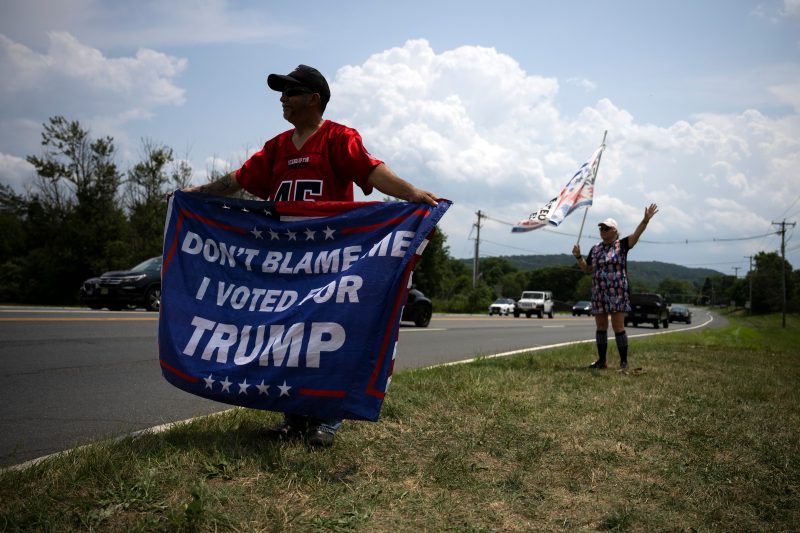In recent times, the political landscape in America has become increasingly fraught with tension and polarization. The aftermath of the shooting incident involving former President Donald Trump has only served to further exacerbate the already deep-seated grievances that divide the nation. The incident has highlighted the volatile nature of American politics and underscored the urgent need for reconciliation and unity.
One of the key factors contributing to the current state of affairs is the pervasive culture of grievance that pervades American politics. This culture is fueled by a sense of victimization and resentment that is exploited by politicians and amplified by the media. Rather than promoting a healthy exchange of ideas and constructive debate, this culture of grievance has led to a toxic political environment characterized by outrage, demonization, and a lack of empathy for those with different viewpoints.
The shooting incident involving former President Trump is emblematic of the dangerous consequences of this culture of grievance. The fact that a violent act was committed against a political figure is deeply disturbing and speaks to the level of animosity and extremism that has taken root in American society. Such acts of violence are a symptom of a broader trend of dehumanization and intolerance that has permeated the political discourse in the country.
Moreover, the shooting incident has further entrenched the existing divisions within American society. Rather than serving as a catalyst for reflection and introspection, the incident has become yet another flashpoint for partisan bickering and finger-pointing. Instead of coming together to denounce violence and extremism, politicians and pundits have used the incident to score political points and advance their own agendas.
Moving forward, it is imperative that Americans strive to transcend the culture of grievance that has come to define their politics. This will require a concerted effort to foster greater empathy, understanding, and respect for one another, even in the face of deep ideological differences. It will also necessitate a commitment to dialogue and engagement, rather than isolation and demonization.
In conclusion, the shooting incident involving former President Trump serves as a stark reminder of the dangers of a politics fueled by grievance and division. While the road to reconciliation and unity may be long and challenging, it is essential that Americans make a concerted effort to chart a different course. By rejecting the toxic dynamics that currently dominate their politics and embracing a spirit of cooperation and mutual respect, Americans can begin to heal the wounds that divide them and build a more inclusive and harmonious society for future generations.

